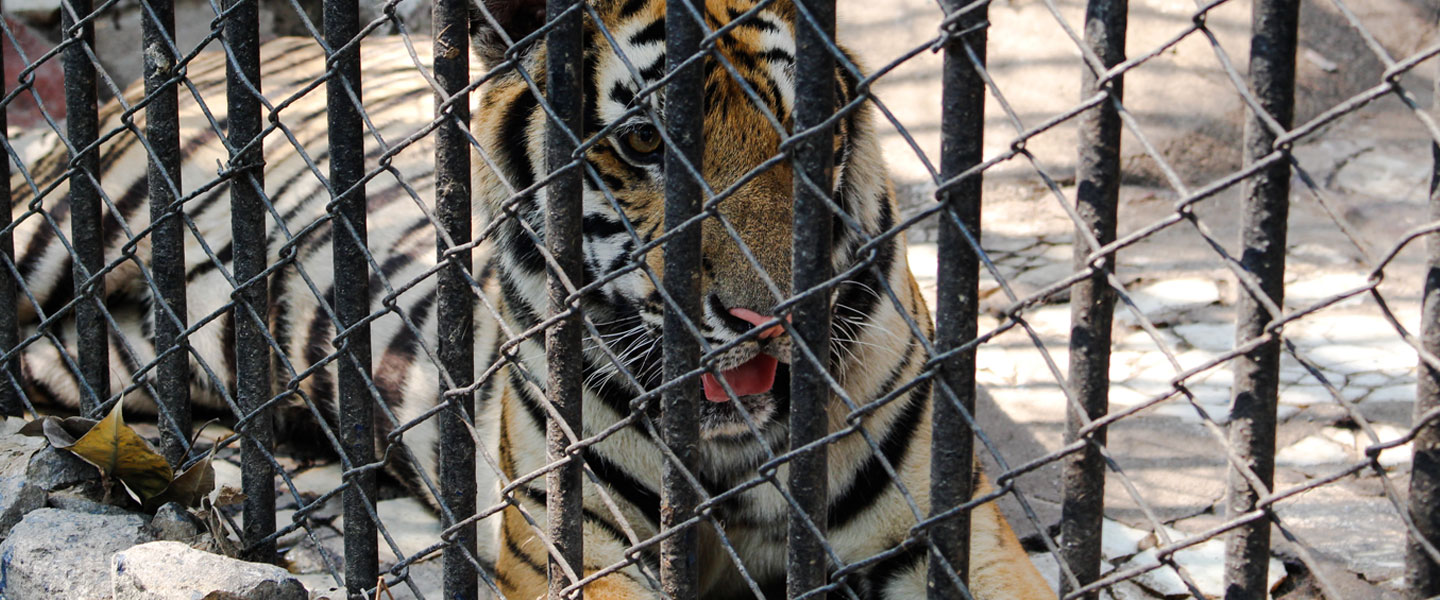Tackling the illegal wildlife trade


When it comes to the fight over illegal wildlife trade, the criminals have been winning. This brutal business has become the world’s fourth most profitable criminal trafficking enterprise, generating revenues of between US$7bn and US$23bn a year.
Conservation gains are being reversed and species pushed to the edge of extinction. Tigers have become so rare that there are more of them living in US captivity than in the wild. The killing of rhinos for their horns has exploded. In 2006, 60 of them were killed on the African continent; now four are killed on average every day.
This has been exclusively a conservation issue for too long. Now banks are making it theirs. This week, more than 20 global financial institutions are coming together to form the Royal Foundation’s United for Wildlife Financial Task Force, chaired by former UK foreign secretary William Hague. We want to bring to bear what we’ve learnt in tackling human trafficking and terrorist financing to take the fight to wildlife traders’ doors.
This illegal trafficking is not just a threat to biodiversity. It is a transnational organised crime with links to modern slavery, narcotics and the arms trade. It fuels corruption, impoverishes communities and inspires violence. It reaches from the savannahs of east Africa to the megapolises of east Asia.
The attraction for criminal gangs is obvious: the trade has high profit margins and a comparatively low risk of getting caught. We cannot seize and arrest our way out of the problem. If one shipment is stopped, another follows.
We need to create a coalition of partners that gives law enforcement, regulators and banks the ability to spot patterns that no one can see alone
We need to rethink our game plan. That means disrupting the business model. The Achilles heel of the illegal wildlife trade is the very thing that motivates it – the money. The need to move, store and realise proceeds gives governments and the financial sector the power to identify networks via their financial footprints and close the net.
Yet such trafficking has received barely any attention as a financial crime. According to the UN Office on Drugs and Crime, only 26 per cent of jurisdictions look at the finances behind the trade and a meagre 11 per cent investigate the wider criminal networks beyond poachers and couriers.
First, enable conservation activists to deliver intelligence right to the heart of the financial sector. Too little has been done to map the monetary flows, so the banking industry is not well enough attuned to the activity that courses through the system. A key first assignment for the task force will be to work with government and non-governmental organisations to develop a set of ‘red flags’ for the crime.
Second, banks must apply the armoury of tools that they use to fight other financial crimes. At Standard Chartered, we will be training bank branch tellers in source countries to spot the signs, making illegal wildlife trade a focus for our financial crime investigators, and enabling those efforts through new artificial intelligence and machine-learning tools. We are also sharing what we have learnt with our correspondent banking clients around the world.
Third, given the global nature of the trafficking, we need to create a broad, transnational coalition of partners that gives law enforcement, regulators and banks, working with not-for-profits, the ability to spot patterns that no one can see alone.
We call on all financial institutions to join the UK Foreign Office’s effort to end wildlife crime
We also need to expand initiatives, like the one spearheaded by the UK’s Royal United Services Institute, that strengthen the ability of law enforcement in key hotspots to use financial intelligence. That will help deliver the arrests, seizures and prosecutions needed to disrupt this activity.
We call on all financial institutions to join the UK Foreign Office’s effort to end wildlife crime. Financial intelligence can have a transformative effect, not just for tracing and seizing assets but also for mapping criminal networks, tracking associations between people and ultimately proving cases in court.